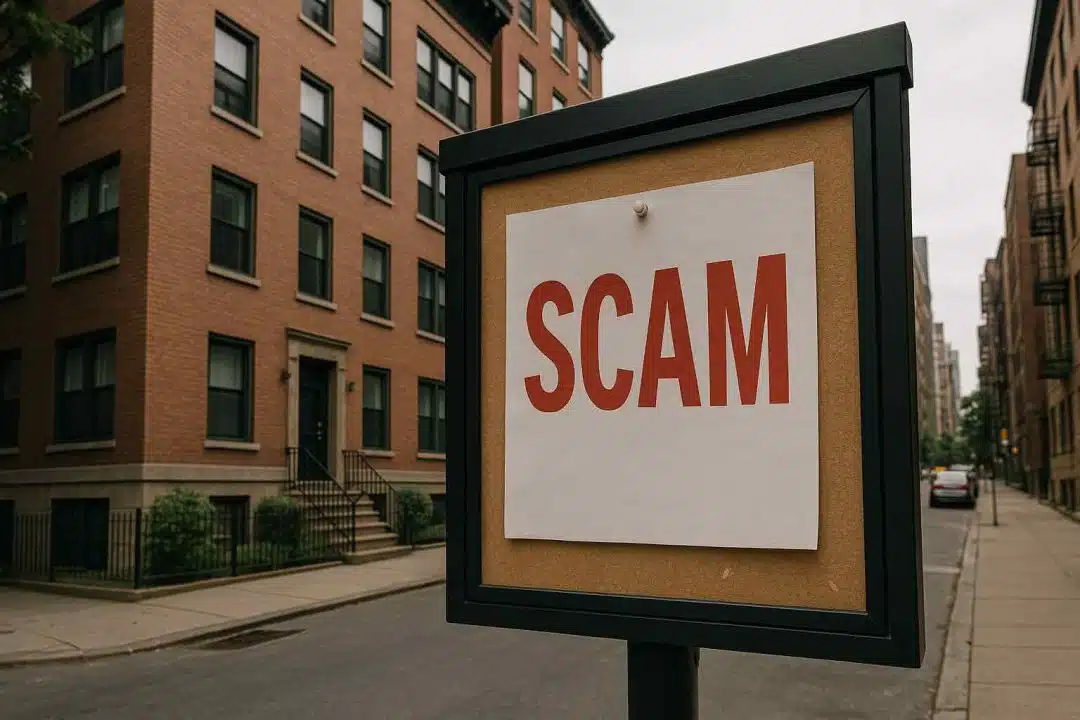
Housing scams targeting Section 8 applicants and voucher holders are surging in 2025. If you’re applying for rental assistance or already have a voucher, knowing how to spot fraud is critical.
Fake application websites
One common scam involves fake websites that claim to offer Section 8 applications for a fee. In reality, legitimate housing authorities never charge for applications. Always verify that you are applying through an official housing authority or the U.S. Department of Housing and Urban Development (HUD).
Tip: Check HUD’s official directory of public housing agencies here.
Phishing emails and texts
Scammers often send fake emails or text messages claiming urgent action is needed to “confirm” or “renew” your Section 8 benefits. They may ask for your Social Security number, banking information, or login credentials. Legitimate agencies will never request sensitive information this way.
If you receive suspicious communications, contact your local housing authority directly using verified phone numbers or websites.
Voucher “activation” fees
No housing authority charges a fee to “activate” a Section 8 voucher. If someone claims you must send money to unlock benefits, it is a scam.
Report any fraudulent activity to your housing authority and the Federal Trade Commission (FTC).
Landlord scams
Some scammers pose as landlords offering properties that accept Section 8 vouchers. They demand deposits or rent payments upfront without showing the property or completing the required housing inspections.
Always verify that the landlord participates in the Section 8 program and ensure the property passes HUD inspection before exchanging any money.
How to protect yourself
- Apply only through official housing authority portals.
- Never pay money for a Section 8 application or voucher.
- Verify communication sources before responding.
- Research landlords and properties carefully.
- Report scams to HUD and the FTC.
Staying informed is your best defense. For more guidance, see our guide to Section 8 housing in 2025.

